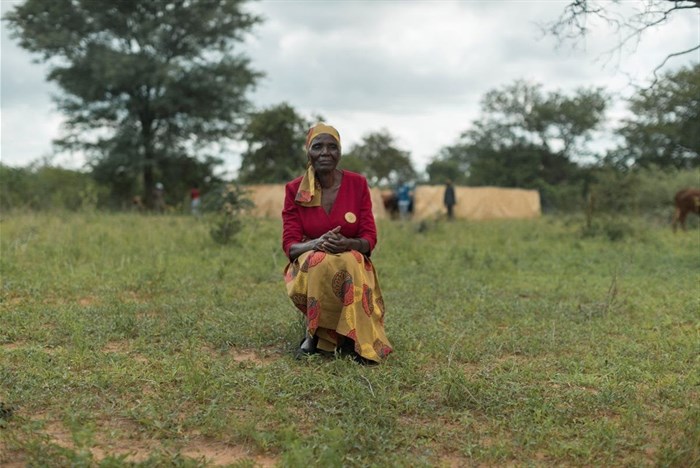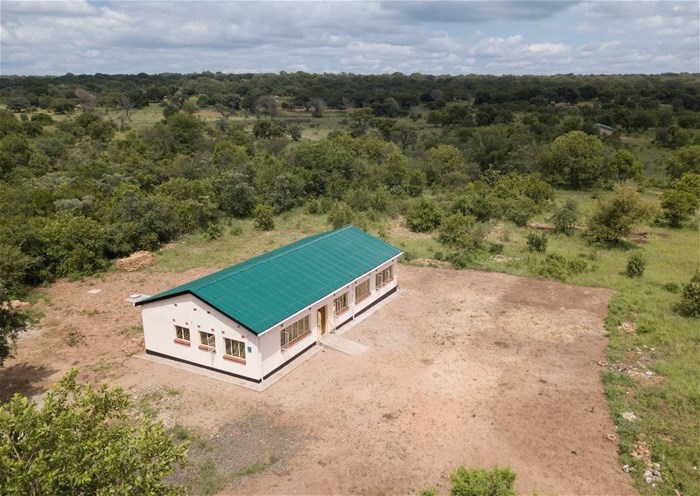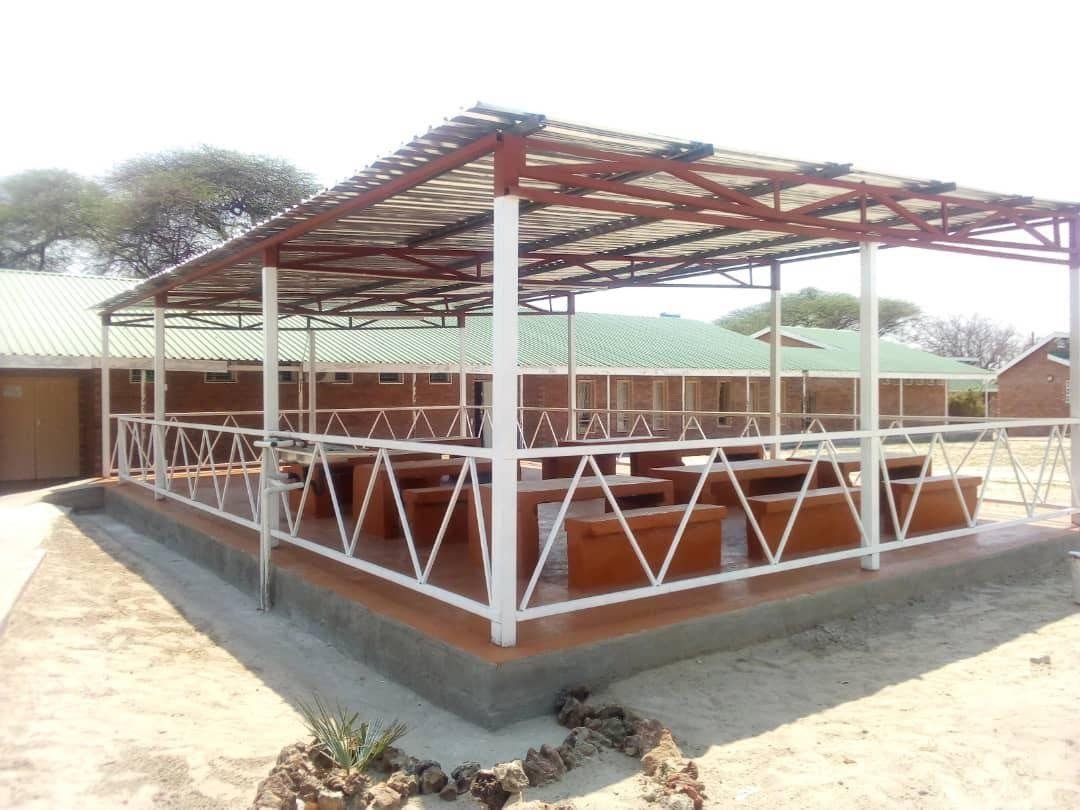
Top stories




Marketing & MediaAds are coming to AI. Does that really have to be such a bad thing?
Ilayaraja Subramanian 21 hours


More news
















African Bush Camps (ABC) celebration of World Responsible Tourism Day and World Safari Day (25 November), embraces sustainable practices at its 15 luxury bush camps and lodges in Botswana, Zimbabwe, and Zambia. At the same time, it will continue to support worthy initiatives, led by its non-profit African Bush Camps Foundation (ABCF), to improve the quality of life among the communities in vulnerable wildlife areas surrounding its safari destinations.
Somalisa Camp provides an eco-conscious stay in a private concession in Hwange National Park, Zimbabwe
But who says sustainability can’t be sumptuous and authentic, or that luxury travel, with all of its comforts, can’t also be purposeful?
Some of the sustainable practices at ABC properties include:
• The building materials used at camps and lodges include canvas for guest tents, wood certified by the Forest Stewardship Council for decks, and concrete for foundations that can be easily broken up and removed as necessary.
• All camps and lodges are solar-powered, with generators on-hand only as emergency back-ups. All water, including sewage, is filtered through "bio rock" systems that use natural processes and enzymes rather than bleach to ensure potability before being released into the environment.
• All amenities and cleaning products at ABC properties are biodegradable and eco-friendly. Paper waste is transformed into papier-mâché to create welcome cards for guests, while trash is collected and removed to designated dumpsites located outside national park boundaries.
The building materials used at camps and lodges include canvas for guest tents, wood certified by the Forest Stewardship Council for decks, and concrete for foundations that can be easily broken up and removed as necessary.
All camps and lodges are solar-powered, with generators on-hand only as emergency back-ups. All water, including sewage, is filtered through "bio rock" systems that use natural processes and enzymes rather than bleach to ensure potability before being released into the environment.
All amenities and cleaning products at ABC properties are biodegradable and eco-friendly. Paper waste is transformed into paper-mâché to create welcome cards for guests, while trash is collected and removed to designated dumpsites located outside national park boundaries.
While at present there are no recycling centres outside of the parks, the company separates recyclable waste to encourage others to initiate the same processes. ABC is also working on reducing the use of plastic. There are no plastic water bottles or straws at camps and lodges, and procured goods are packed in as little plastic as possible.
ABC camps and lodges always employ local labourers, bringing in people skilled at plumbing, electric, and transportation for onsite handiwork. However, the company’s investment in local communities goes well beyond that.
The ABC Foundation, which receives at least 2.5% of its parent company’s annual revenues for funding, currently has over 40 initiatives underway to benefit rural communities surrounding ABC’s luxury safari destinations.
Among many examples from 2020:
Maunga Health Centre – In rural Maunga, Zambia, near ABC’s Thorntree River Lodge, ABCF recently put finishing touches on a Health Center to provide critical healthcare services to thousands in the area. The Center’s labor ward welcomed its first delivery in February. The Foundation’s work is ongoing and includes teaming up with WaterAid to provide running water to the Center as well as to a nearby primary school.

Mangwara Primary School – In 2019, ABCF completed construction of the first classroom block for Mangwara Primary School near Bumi Hills Safari Lodge in Zimbabwe, replacing a mud-and-thatched-roof structure that was open to the elements and not conducive to learning. The block includes two classrooms and a storage area, which were furnished with desks, chairs and learning materials earlier this year.
Though construction of a second block was put on hold by the Covid-19 pandemic, work recently resumed. Upon completion, the school will be able to register as a government school, enabling seventh graders to sit for their exams for the first time.
Ranger Support – With National Parks throughout Zimbabwe critically underserved, particularly during the pandemic, ABCF has started a new project to support over 300 rangers and their families in Mana Pools National Park and Hwange National Park through provision of monthly food staples and protein. The project will keep the nutritious meals coming for at least one year.
Anti-Poaching Unit – Responding to an upsurge in wildlife crime, ABCF is launching a project to address poaching in the remote northeastern region of Mana Pools National Park. Funded primarily by ABC, the project is adding an anti-poaching picket base to be equipped and supported with logistical requirements. The funding will also add eight additional rangers to the anti-poaching unit, along with equipment and rations for at least one year.
Goats for Education – This novel program piloted by ABCF in Mambanje, Zimbabwe, near Somalisa Camp in Hwange National Park, is designed to improve access to education. Orphaned and vulnerable children, and their families, are provided with an indigenous goat doe whose offspring can be sold to generate income for school fees.
In 2020, Goats for Education enabled 13 families to pay their children’s school fees for the year. With 68 goats now distributed, that number will grow. The goats provide additional benefits, including fertiliser for household farming, and improved food security through provision of milk.

Learning for the differently-abled – Thanks to funding from ABCF, the Kachikau Primary School in Chobe, Botswana, accommodates differently-abled learners with wheelchair accessible pathways paved between buildings. Now the Foundation is constructing a dedicated dining area for these students who currently eat meals outside or alone in their rooms. The dining area will be equipped with electricity, running water and tables that accommodate wheelchairs, creating a clean and social space for children to enjoy dining and each other’s company.
Human/wildlife conflict mitigation – After limited resources in the Bumi Hills/Lake Kariba area of Zimbabwe led to conflict between community members of Mola and surrounding wildlife. Interventions were put in place to restore harmony, including lion-proof bomas to protect livestock.

This year, the ABCF programme went further with Lion Guardian training to assist community members to monitor the movement of lions, act as an early warning system, and collect vital data in support of local conservation efforts. Ongoing veterinary care for cattle has also continued, benefitting the health of livestock and livelihoods in the community.